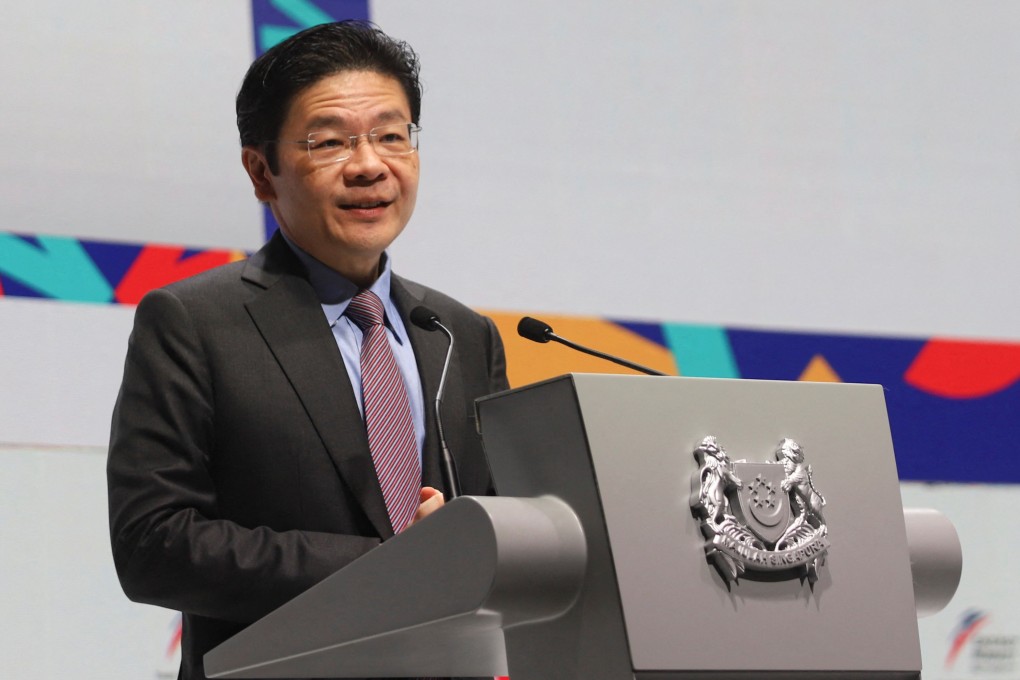Singapore must find ‘right niches’, leverage hub status to thrive in fragmented global economy: Lawrence Wong
- Singapore is feeling the impact of geopolitics shifting the flow of direct investments and cannot ‘afford to outbid the big boys’, says the country’s No 2 leader
- Wong also reiterates the government is ‘steadily catching up on backlog’ to ensure accessible and affordable public housing for residents

In a speech addressing unionists on Labour Day, Wong nevertheless struck an optimistic note on how the city state could yet thrive in a global economy that was increasingly fragmented, by leveraging its status as a reliable and highly connected air and sea hub.
In the semiconductor industry, for instance, Singapore “can’t compete head to head with the major economies for the most cutting-edge fabs [fabrication plants], because all the big boys want to have the most cutting-edge fabs in their home country”.
“But we can still find the right niches to operate in and carve out a space for ourselves,” said Wong, who is the deputy prime minister and finance minister.
Wong, 50, was addressing the National Trades Union Congress (NTUC), an umbrella group of the country’s trade unions that is closely linked with the long-dominant People’s Action Party (PAP).